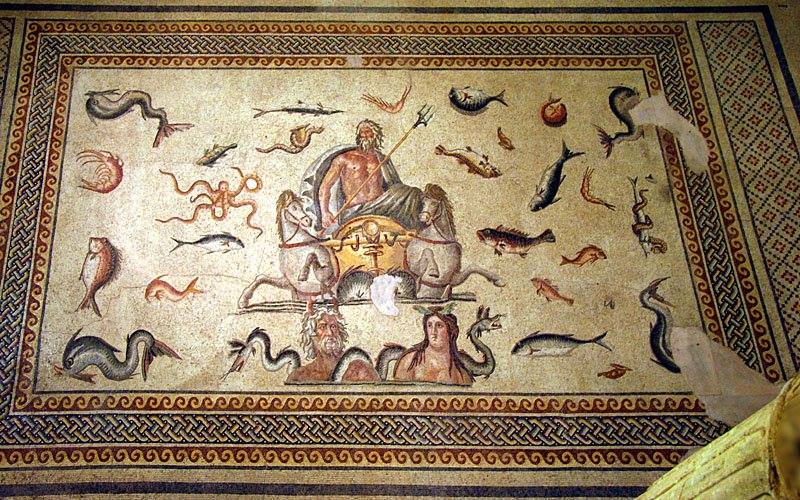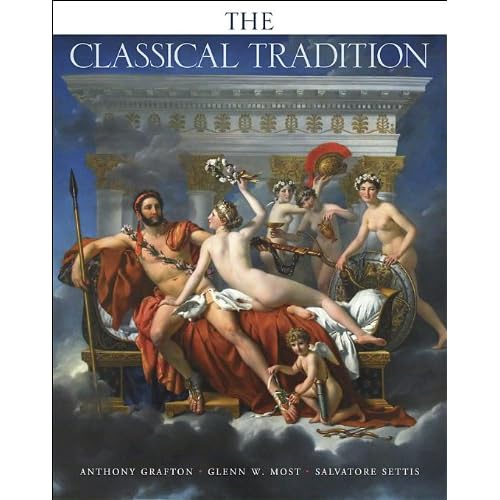OVID
Roman poet (43 BCE-16 or 17 CE).
Although he lacks the perceived gravitas of Homer, Sophocles, or his fellow Roman Virgil, Ovid is perhaps the most consistently influential and popular writer of the classical tradition.
...
The 14th-century Antiovidianus, written in Italy, asserted that Ovid, together with his books, deserved to burn in the fires of Hell. [Dante had a different view - Inf. IV].
...
In Stanley Kubrick's Eyes Wide Shut (1999) the heroine is accosted by a middle-aged admirer who asks whether she has read Ovid. He then demonstrates his own familiarity with the poet's works by drinking out of her wineglass, an intimate gesture that Ovid recommends in the Ars amatoria as a surefire seduction technique.
...
The Ovidian persona, urbane and opportunistic, smoothly accommodates itself to the idiom of the modern metrosexual male.
...
Most would agree that the Metamorphoses (ca. 8 CE) is Ovid's masterpiece. Ovid called it a carmen perpetuum, a continuous song. This is a reference to its seamless and unbroken quality but might also function as a description of its Nachleben, or afterlife. Ovid's reputation may have had its ups and downs, but the Metamorphoses has been a persistent presence in post-classical Western culture. Its central position is reflected in the quality of its many important translations . . ..
...
Perhaps part of Ovid's enduring appeal is the way his poetry combines themes that we sense are universal and unchanging with a dynamic of change and dislocation that reflects the geographical, temporal, and cultural distance between our world and his own.
These snippets come from the fine essay about our poet (by Sarah Annes Brown of Anglia Ruskin University) in a recent reference work entitled The Classical Tradition. The entry is worth reading in its entirety.


No comments:
Post a Comment